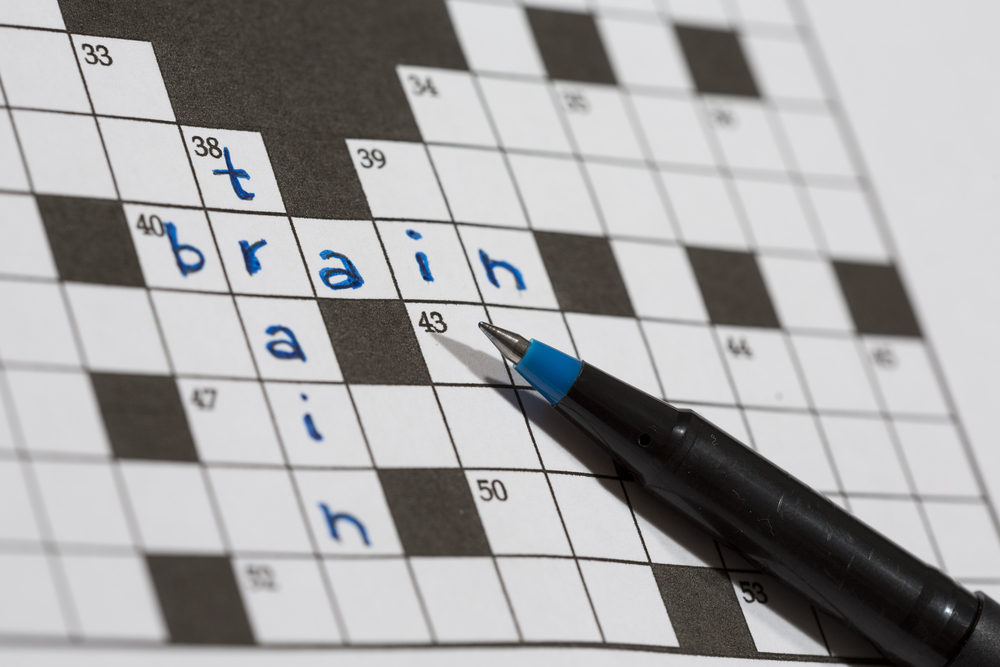In a world overflowing with information, a strong memory is more valuable than ever. Whether you want to recall names, retain what you read, or improve your focus, memory-boosting brain exercises can make a noticeable difference. The brain, like any muscle, becomes sharper with consistent training. These eight exercises can enhance your memory naturally with regular practice.
1. Try the Chunking Technique

Chunking is one of the most effective methods for improving short-term memory. It involves grouping information into smaller, more manageable units. For example, remembering a 10-digit phone number becomes easier when you break it into chunks, like 123-456-7890 instead of trying to recall ten digits at once.
This technique takes advantage of the brain’s natural ability to find patterns and organize data. You can apply it to learning vocabulary, numbers, or directions. The more you practice, the more efficient your memory becomes at handling complex information.
2. Practice Visualization

Visualization involves turning information into vivid mental images. This strengthens memory by making ideas more concrete and easier to recall. If someone introduces themselves as Lily, you might picture a blooming flower to lock the name in your mind.
Many people use this technique to remember grocery lists, appointments, or facts. You do not have to be artistic or imaginative to use visualization. Start by turning simple words or ideas into pictures in your head, and with time, it becomes second nature.
3. Switch Hands When Performing Daily Tasks

Using your non-dominant hand forces your brain to pay more attention, which increases mental activity. Brushing your teeth or pouring your coffee with your opposite hand creates a sense of novelty and breaks the automatic rhythm of daily habits.
This technique helps you become more mentally flexible and alert. Though it may feel awkward at first, the challenge stimulates new connections in the brain and strengthens coordination as well as focus.
Read More: Scientists Discover Hidden Brain Switch That Can Instantly Calm Anxiety
4. Learn a New Language or Skill

Learning something new stretches the brain and helps improve memory by creating fresh neural pathways. Language learning requires remembering sounds, grammar, and meanings. Picking up an instrument, recipe, or craft has a similar effect.
These activities keep the brain engaged and active. Even small efforts, like practicing a few words daily or mastering a short tune, keep memory strong. The more you push yourself to learn, the more alert and adaptable your mind becomes.
5. Do Mindful Meditation

Mindfulness meditation trains your attention, which helps improve memory and concentration. By sitting quietly and focusing on your breath or sensations in your body, you teach your mind to stay present.
This simple practice helps you avoid distractions and improves your ability to store and retrieve information. Even five to ten minutes of daily meditation can make your mind feel calmer and more focused, which naturally supports memory.
6. Use the Memory Palace Method

The Memory Palace method involves mentally placing information along a path through a familiar location, like your house or neighborhood. You imagine walking through that space and associating each stop with something you want to remember.
For example, you could place a mental image of a tomato on your couch if you need to buy tomatoes. Later, when you think of your living room, the tomato comes to mind. This method makes use of your spatial memory and helps you recall items in a specific order.
7. Play Brain Training Games

Brain games help improve memory by keeping your mind challenged. Word puzzles, memory-matching cards, number patterns, and logical games all force your brain to stay sharp.
The key is to choose games that require focus and make you think. Crossword puzzles, sudoku, and even fast-paced memory apps provide a mental workout. Play regularly, and your recall and mental speed may noticeably improve over time.
8. Read Aloud and Teach What You Learn

Reading aloud makes use of multiple senses. You see the words, say them, and hear them. This strengthens your ability to remember what you read or study. It also helps when you follow up by explaining the material to someone else.
Teaching requires you to organize what you know in a clear way, which reinforces your understanding. You do not need an audience. Even pretending to explain something out loud helps you remember it better and think about it more deeply.
Read More: How to Train Your Brain to Enjoy Exercise, Backed by Science
Final Thought

Improving your memory does not require hours of complex work. A few simple exercises, practiced regularly, can make a big difference. Each of these techniques trains different areas of the brain and supports memory in its own way.
Whether you are building visual associations, challenging yourself with new tasks, or simply using your non-dominant hand, every small habit adds up. These eight brain exercises are not only effective but also easy to incorporate into your daily routine. With steady practice, you can enjoy a sharper memory, better focus, and greater mental clarity for years to come.
Disclaimer: This article was created with AI assistance and edited by a human for accuracy and clarity.
Disclaimer: This information is not intended to be a substitute for professional medical advice, diagnosis or treatment and is for information only. Always seek the advice of your physician or another qualified health provider with any questions about your medical condition and/or current medication. Do not disregard professional medical advice or delay seeking advice or treatment because of something you have read here.

